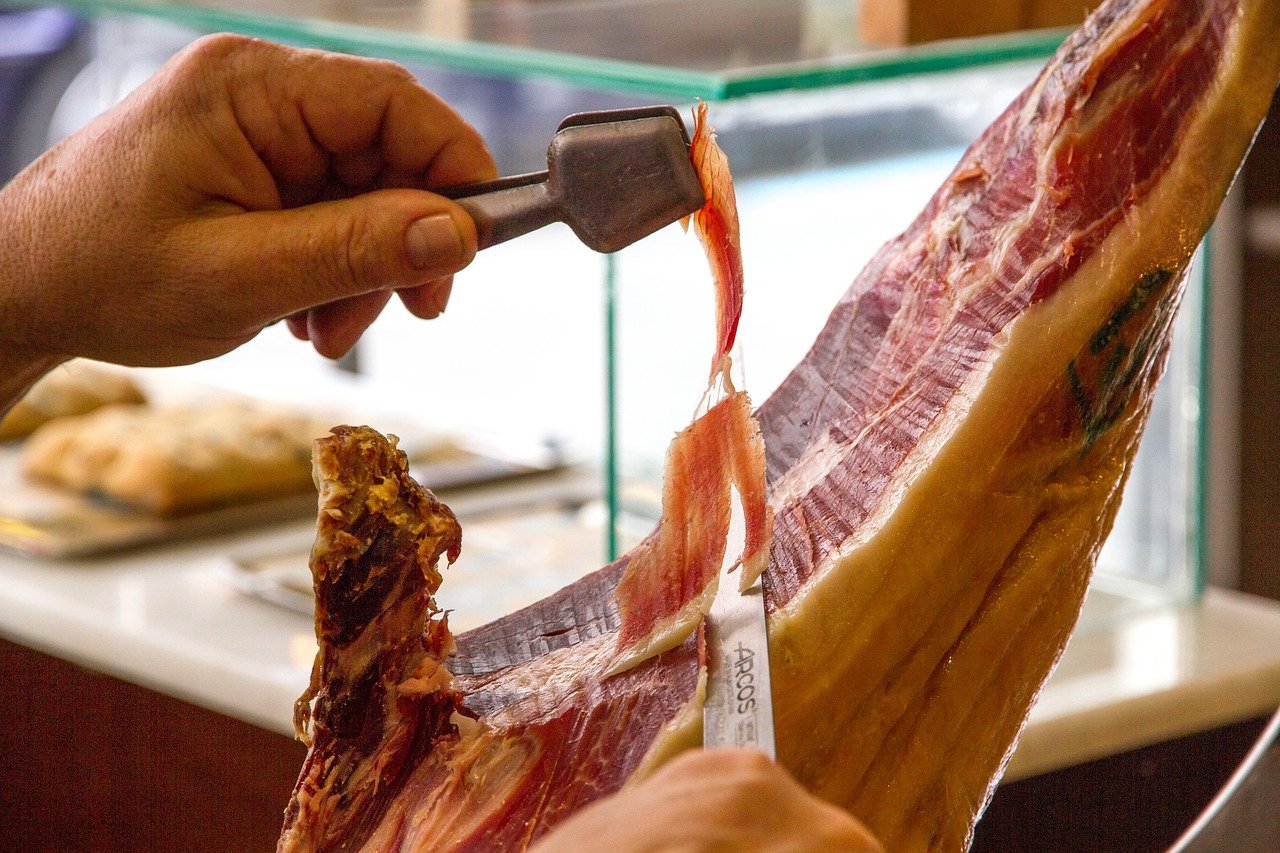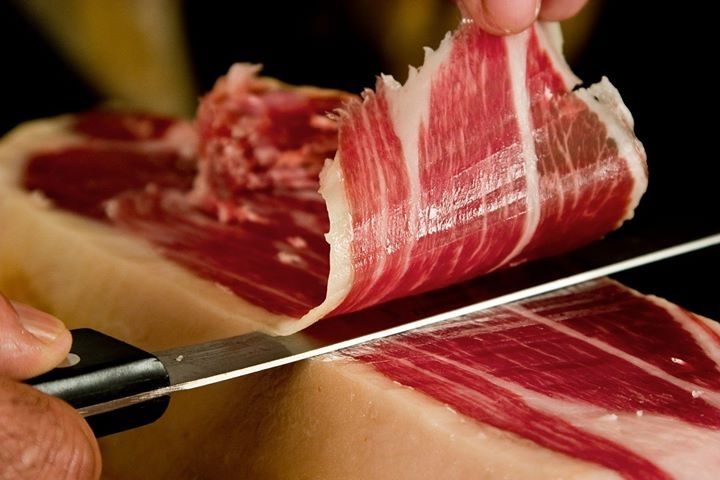A new food alert shakes the world of ham. This is not the first time that a company has tried to pose as Iberian the ham that is not. After all, it is one of the kings of Spanish gastronomy. However, breaches in health matters sometimes lead to serious public health problems. How was this scandal uncovered? Let's find out!
Food alert in Badajoz!
La Servicio Marítimo Guardia Civil has uncovered about ten days ago the health alert caused by more than 29.000 pieces of ham that did not meet the health requirements. They discovered the fraud jointly with the veterinarians of the Extremadura Health Services. This involves seven companies from Badajoz, Salamanca, Madrid and Murcia. But… What exactly has happened?
El Seprona (Civil Guard nature protection service) inspected a food establishment in Zafra, Badajoz. He detected, along with a team of veterinarians, numerous anomalies in meat products (hams, shoulders and derivatives). In addition, they could not verify the traceability of these products. As if that were not enough, they were stored together with other elements of animal origin not intended for human consumption. Therefore, those responsible for the premises committed various irregularities.

Waste of food
Finally, the Seprona confirmed that the owners of the premises were selling ham with confusing traceability, without labels and without health records. The papers related to the trade were also fraudulent, since they covered unrealized transactions. In addition, there was evidence in these that several customers had returned the ham upon realizing its poor condition. The result of all are more than 19.600 pork legs within NOTE 29.000 that will be destroyed due to the health alert.
Therefore, due to the greed of a few who break the law to the bullfighter, tons of meat will be wasted. We must remember that the 26% of the Spanish population is at risk of poverty. We find it outrageous that this kind of shenanigans lead to so much food being wasted when the number of families going to soup kitchens has increased so much. It is not the first case of food fraud what we treat However, we would like it to be the last.






